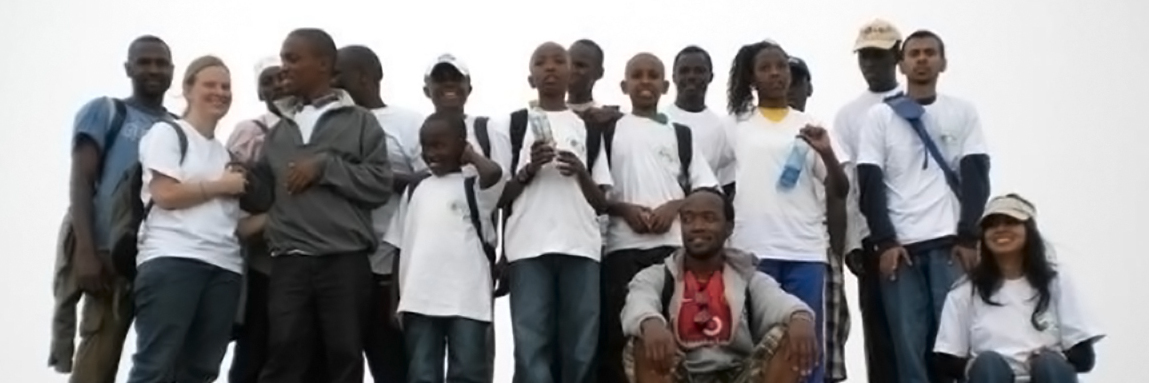Growing up poor in rural Pennsylvania, I thought I knew poverty well. But nothing could prepare me for real poverty in the slums of Kenya. I am educated in psychology and early child development and I have work experience in behavioral therapy, specializing in autism spectrum disorder. When I first moved to Kenya, I had little to do with my time so I began volunteering at a school and church that offered activities to families with children with disabilities.
The school was falling apart; the classrooms were exceptionally tiny and overcrowded with students struggling with all manners of disorders and disabilities. Educational resources were practically nonexistent and the teachers had very little training. Difficult children were beaten because the staff knew no other way of dealing with them.
The church was even worse. I entered a large, dirty shamba with no less than 30 children with cerebral palsy lying on the floor while their mothers sat around them looking lost and helpless. One physical therapist was doing what he could with limited time and so many children to see alone. Volunteers were there coloring and playing with the children with mental and intellectual disabilities, but with no training or experience they could not provide useful therapy.
When first arriving, everyone was served tea and porridge, and then at lunch given rice and boiled meat with beans. For most present, this is the only meal they will have for the entire week. The mothers of the children with CP force the food down their children’s throats and when the food comes back up, it’s pushed back down again. They have no education about nutrition or healthy eating habits. They have no idea what to do with their disabled children.
Disorders such as autism and intellectual disability are seen as a curse or witchcraft by some cultures in Africa. These people are beaten, run out of their villages, raped and even killed. The police bring no justice for those subjected to this terrible abuse; in most cases, they are involved in the beatings because they fear these disabilities due to ignorance. The government does not offer them any support or services; they are not even acknowledged. The whole situation is extremely disheartening.
After seeing the dire conditions these people are subjected to, myself and another teacher formed a nonprofit organization, the Autism Support Center Kenya that provides therapy services, vocational training, and mentoring support for those diagnosed with all disabilities. We have also started a training course for parents and caregivers to prepare them for caring for their child; the course includes the basics of autism, nutrition and diet, and so on. But with a lack of funding the going has been tough. It took us almost five years to get a space to use as a therapy facility, and we can barely pay any staff.
In first world countries we are used to our children with disabilities being provided with state of the art care, trained and experienced therapists, and free services. Our schools are, by law, obligated to provide the necessary care to help our kids progress. It is absolutely not the case in East Africa, or all of Africa for that matter. I have been asked if white people get autism. If rich people have intellectual disabilities. They think they are being punished. Only within the last few years is awareness being spread.
Despite the heartbreak I experience every day, I go to work. I will continue to dedicate my time fully to helping these people who are unfairly subjected to neglect and abuse. They don’t deserve to be treated this way, and it’s about time someone steps up to do something about it. Maybe when I die, I will be remembered as warmly as my heroine, Audrey Hepburn, who once said, “As you grow older, you will discover you have two hands. One for helping yourself, the other for helping others.”
Learn more at Autism Support Center Kenya.
We want to hear your story. Become a Mighty contributor here.

